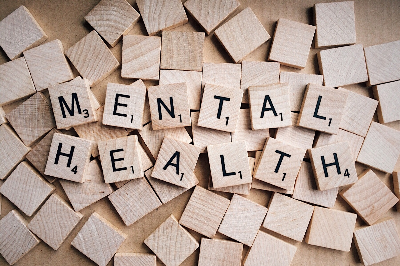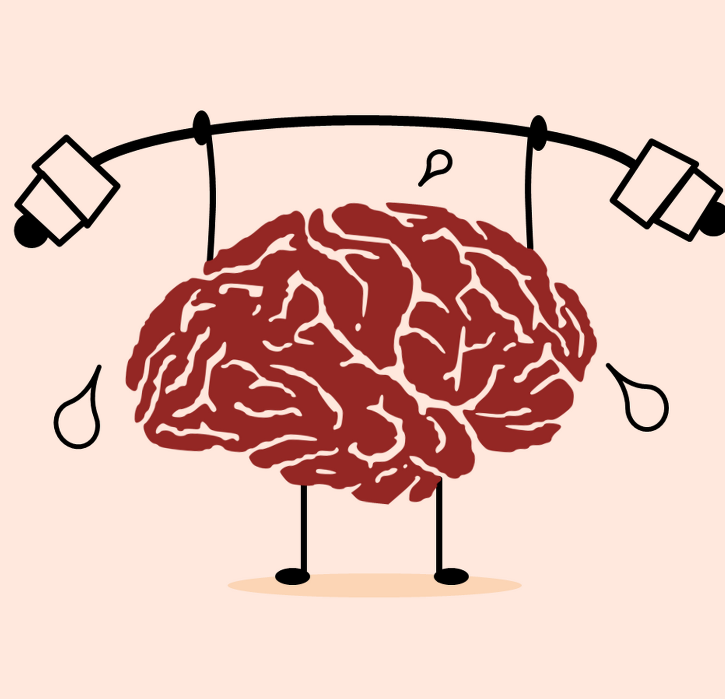It’s time to eradicate stigmas, prejudice, and judgments!
Life is hard even under the best of circumstances. Without physical and mental health, it’s difficult to enjoy life. It makes good sense to take care of ourselves, and that includes getting help when we suffer emotionally. When we feel sick, we get ourselves to the doctor. And when we feel so bad that we cannot engage positively in relationships, or we cannot accomplish what we want, or we contemplate hurting ourselves or others, we should seek help to feel better. That is what all of us deserve.
Mental health shouldn’t be a dirty word
Damaging stigmas still prevail that allow ignorance to end lives. Judging others or ourselves for suffering is just plain harsh, not to mention counterproductive. When was the last time telling a person with depression to “get over it” worked? Try never! And using shame as a tactic to “encourage” someone only adds to a person’s misery.
Mental health problems should be thought of no differently than physical health problems. In fact, they are related: mental health problems affect physical health and physical health problems affect mental health. We need a world where no one feels embarrassed or ashamed about their suffering. We need a world where suffering evokes only kindness, compassion, and a desire to help.
Here are 5 enlightened ways to think about mental health:
1. Remember that everyone suffers.
I have never met anyone who is happy and calm all the time. It’s just not possible, no matter how good someone’s life looks from the outside. Most people suffer at some point from anxiety, depression, aggression, PTSD, shame, substance abuse disorders, and more. Even if a person is lucky enough to never suffer psychologically, they surely love someone who does. Instead of living lives of quiet desperation, to paraphrase Henry David Thoreau, let’s encourage honest talk. If someone gets uncomfortable with honest talk, we can talk about that too.
2. Treat mental health checkups as an important part of wellness.
Do you feel ashamed when you go for a check-up with your primary care physician? Probably not. On the contrary, you’re more likely to feel proud that you are taking care of your health. Yet most people are ashamed to call a psychotherapist for a consultation. This makes no logical sense. A mental health checkup is a great idea, especially if you are suffering and not functioning the way you want. You should feel proud for taking care of your mental health.
3. Think of therapy as gym for the brain.
That’s exactly how I describe therapy for my patients who come in feeling bad that they “have to come to therapy.” In our society, we praise people for working out at the gym. We think of them as taking good care of themselves. Well, that’s no different for a person wanting to enhance their psychological wellbeing. Therapy grows new brain cell networks, calms the mind and body, makes it easier to meet life’s challenges, and helps us become the best possible versions of ourselves.
4. See education in emotions as a game-changer.
We live in a society that is challenging because it is not very nurturing. That’s why rates of anxiety, depression, and substance abuse disorder have skyrocketed. So at the very least, our society could provide an accessible and understandable education on emotions. This would help everyone understand how childhood experiences, for better and for worse, affect adult mental health, for better and for worse. Furthermore, emotion education debunks myths like “emotions are for weak people” or “mind over matter.”
Our schools should be teaching trauma-informed tools like the Change Triangle. Our educational institutions should be teaching skills for having better relationships and managing interpersonal conflicts constructively so bullying, for example, would become a thing of the past. Parents should be taught about emotions so they don’t unwittingly create shame and anxiety in their children. Education on emotions and how emotions affect the brain, body, and mind, depending on how we work with them, has great power to change society for the better and even reverse the current epidemic in depression, anxiety, suicide, and addictions.
5. Question assumptions, judgments, and fears around mental health and mental illness.
Many of us fear difference. When people feel, act or look different than we do, we tend to judge them. Judgment is a destructive form of misguided emotional protection achieved by distancing ourselves from those we fear or don’t understand. Judgment lies at the heart of the stigma used to justify the horrible way we treat people who suffer mental illnesses and substance abuse disorders. It shames those who suffer, and that is all of us. No wonder shame-based depressions are rampant in our society. Instead of judging others for emotions and suffering, can we instead be curious about our assumptions and question where we learned to judge or fear people who struggle psychologically?
Most suffering can be eased with support, proper treatment, and a variety of resources. Let’s be proud to grow our collective and individual mental health. What a difference it makes to say wholeheartedly to someone seeking help, “Good for you! I could use some help for myself too!”

To learn more about emotions and how to work with them to feel better, pick up a copy of It’s Not Always Depression (Random House, 2018).



